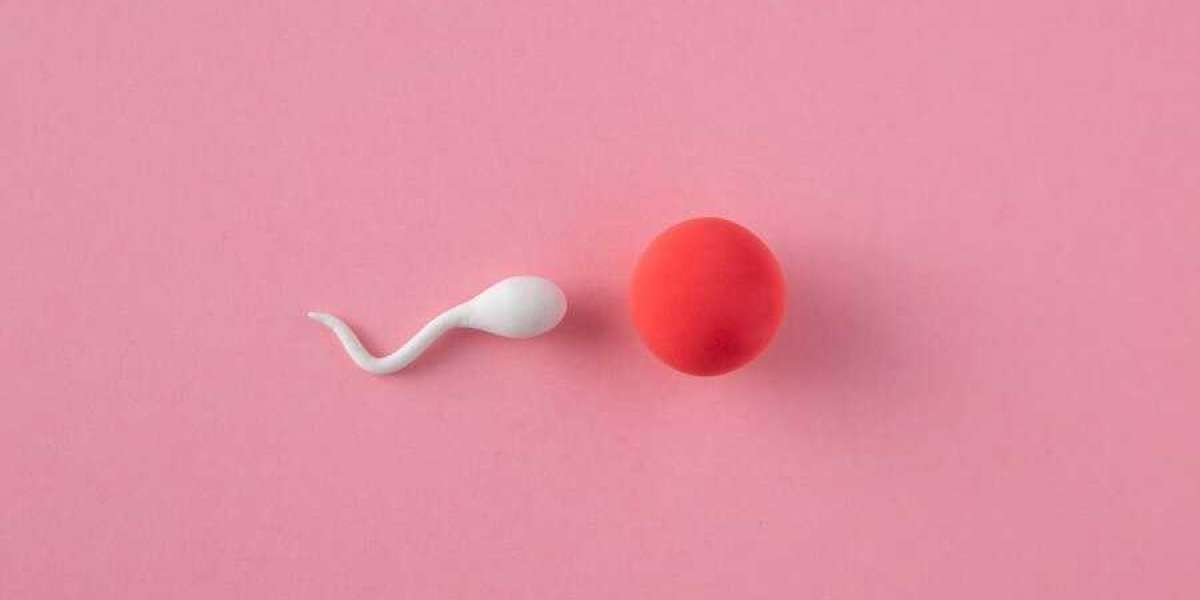Despite its prevalence, menstruation and feminine hygiene continue to be topics surrounded by silence, stigma, and misinformation. It's time to break the silence, have open conversations, and provide the necessary education and resources for women to manage their health effectively. This article delves deep into the importance of menstruation awareness, the role of feminine hygiene, and the steps we can take to ensure better menstrual health for all.
Menstruation: A Biological Necessity
Menstruation is a natural part of the female reproductive system. Each month, women of reproductive age undergo hormonal cycles that prepare the body for pregnancy. When pregnancy does not occur, the body sheds the lining of the uterus, resulting in menstruation.
While the process is often portrayed negatively, it is, in fact, a sign of good reproductive health. Menstruation is characterized by the shedding of blood and tissue from the uterus, typically lasting 3 to 7 days. It usually occurs every 21 to 35 days, with slight variations from one individual to another.
It is essential to understand that menstruation, while a normal biological process, can have various impacts on a woman’s physical and mental health, requiring proper attention and care.
Preventing Odors, Discomfort and Avoiding Infections
Menstrual blood is naturally acidic, which, when combined with sweat and bacteria, can cause an unpleasant smell. Regular cleansing and proper product choice can minimize these odors and maintain a fresh feeling.
Additionally, period discomfort such as itching and irritation is common but can be alleviated by proper hygiene and using the right menstrual products.
The vaginal area is sensitive and prone to infections like yeast infections and bacterial vaginosis, particularly during menstruation.
If proper hygiene is neglected, the risk of developing such infections increases. Keeping the area clean and dry is one of the most effective ways to prevent these infections.
Prioritize Skin Health
During your period, it’s not just about maintaining cleanliness; protecting your skin is equally important. Long periods of exposure to menstrual products can lead to skin irritation or rashes, particularly in areas where pads or tampons make contact.
Apply a thin layer of barrier cream to the skin around your vulva to protect it from irritation caused by pads or tampons.
Opt for cotton underwear and loose-fitting clothes to allow the skin to breathe and prevent chafing or discomfort.
How Breathable panty liners play a role in Stress-Free Menstruation?
Breathable panty liners are made from materials that allow air circulation, which helps to reduce the feeling of moisture buildup. This airflow keeps the intimate area cool and dry, minimizing discomfort caused by sweating or wetness, especially during periods of heavy flow or high activity.
A dry environment reduces the chances of irritation or chafing, making it more comfortable during menstruation.
The Breathable panty liners also help in controlling odor by allowing air to flow through while absorbing light discharge.
This feature ensures that even on days leading up to your period or at the tail end of your cycle, you can stay fresh and confident without worrying about unpleasant smells.
Diet and Lifestyle for Optimal Menstrual and Feminine Hygiene
Good nutrition and lifestyle choices play an important role in managing menstrual health and maintaining menstrual hygiene. A well-balanced diet that includes fiber, vitamins, and minerals can help regulate your cycle and reduce symptoms like cramps and bloating.
Staying hydrated and avoiding excessive sugar and caffeine intake can also benefit your overall well-being during menstruation.
Regular exercise helps reduce menstrual cramps and improve circulation. Yoga, in particular, is known for its ability to alleviate tension and improve flexibility, making it a great choice during menstruation.
Stress management techniques such as meditation and deep breathing can also help balance hormones and reduce PMS symptoms.
Menstruation and Education - A Vital Need
Education plays a critical role in breaking the stigma surrounding menstruation. Schools and healthcare systems must provide accurate, comprehensive, and inclusive education about menstrual health.
This education should cover everything from the biological aspects of menstruation to the proper use of menstrual products and the importance of hygiene.
For young girls, early education can help them understand what to expect during puberty and reduce feelings of confusion or anxiety.
It can also empower them to make informed choices about their health, ensuring that they have the tools and knowledge to manage their menstruation with confidence.
Shifting Attitudes Towards Menstruation in the Workplace
Another area where change is needed is the workplace. Many menstruators still feel that their menstrual cycle is something to hide or manage in silence while at work. There is often a lack of understanding or flexibility around menstruation-related issues, such as pain or discomfort.
Employers can take steps to create more inclusive environments by offering period-friendly policies. This might include providing paid leave for menstruation-related health issues or offering access to sanitary products in restrooms.
Additionally, creating a workplace culture that values health and wellness and understands the realities of menstruation can contribute to increased productivity and overall well-being for employees.
Conclusion
Breaking the silence around menstruation is essential for improving the health and well-being of women and girls worldwide. By fostering open discussions, providing education, and ensuring access to quality menstrual products, we can create a world where menstruation is not shrouded in shame or misinformation. With the right support, every woman can manage her menstrual health with dignity and confidence.







